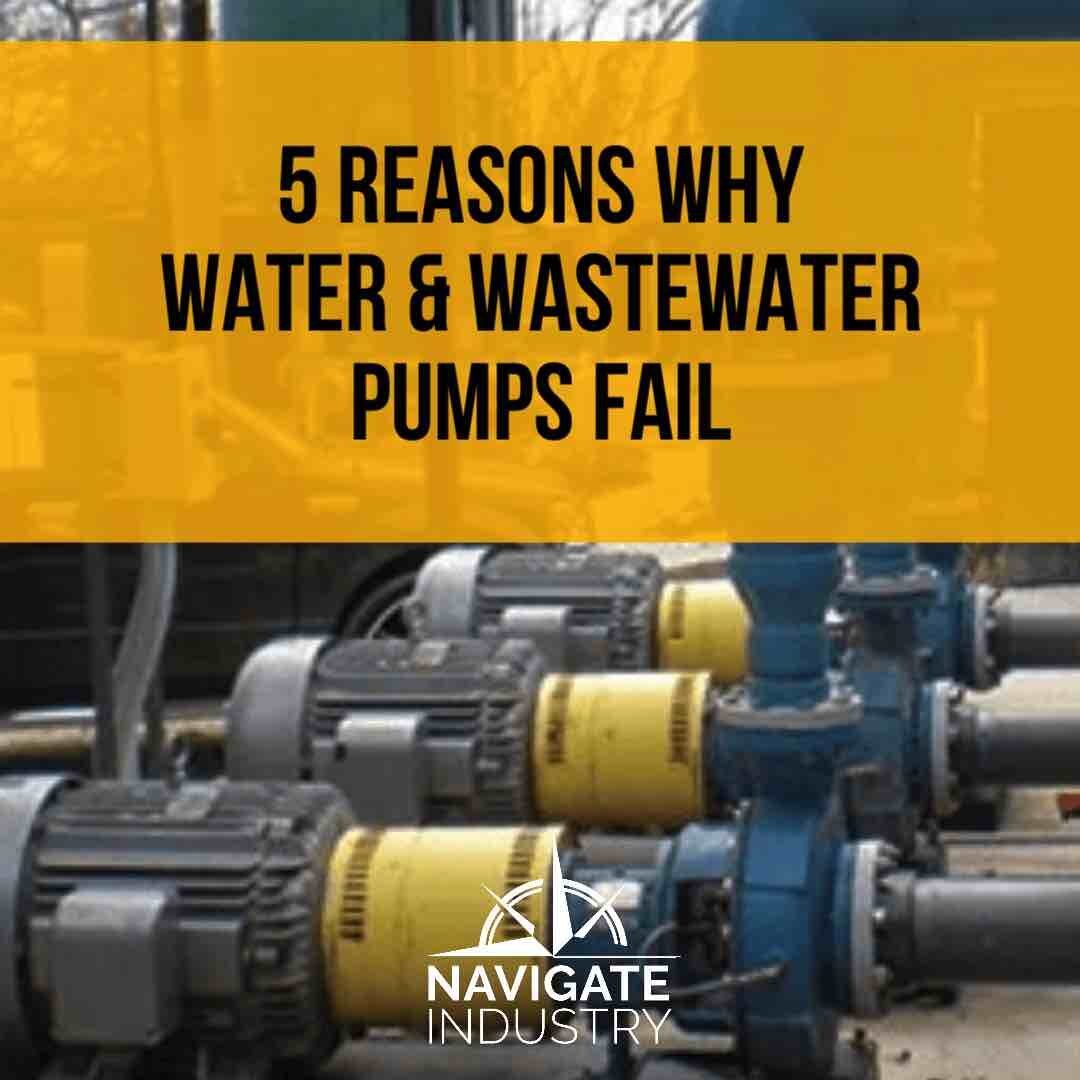Understanding the Mechanics of Machines - How a Female Engineer Gets it Done
/Female engineer uses methodical process and attention to detail in her professional and personal life.
By Michelle Segrest, Navigate Content, Inc. — Reporting for Maintenance Technology Magazine
Rebekah Macko approaches every task with one simple philosophy in mind: It’s more important to get it done right than to get it done right now. Her father taught her this lesson early in life. An organic geochemist, his approach to all things revolved around a methodical process, the success of which he passed down to his daughter.
“I can remember spending a lot of late nights in the lab with my Dad,” Macko said. “In fact, he likes to tell the story that he took me to the lab before taking me home from the hospital when I was born. We would take apart something, and he would show me how it works. I was always encouraged to look at the world around me, appreciate science, and look at the details of things. When I was really young, I thought I wanted to be a biologist and work with bugs or work in the rainforest.”
As she grew older, around the age of 10, Macko began to realize she had an aptitude for understanding the mechanics of machines. “Science was really romantic and fascinating to me,” she said. “I thought it was so amazing what people could do with all these creative tools and instruments. This is when I really began to think about being an engineer.”
The interest stuck. The 33-year-old mother of a six-month-old son, Lance, has been a senior fluid-systems engineer with Geiger Pump & Equipment in Aston, PA, for eight years. Every day, she applies the lessons learned from early experiences in the lab with her father.
“I remember one time replacing the coil on a gas chromatograph,” she explained. “It’s a pretty simple operation with a big narrow coil of wire. I had seen the machine a bunch of times, but I didn’t know what was inside, or how it worked, or even what it did. My dad explained what the parts were, and what was behind the ‘secret door.’ I loved learning how it works and how it tells us useful things. Now, I always want to know what every little mechanism is and the parts behind it. It’s fascinating to me to realize that someone figured all this out. Nothing just happens. There are many different components, and pieces, and parts needed to put together every puzzle.”
Geiger’s Rebekah Macko and Craig Fuller discuss the details of an API 610 pump.
A Day in the Life of a Pump Engineer
Macko uses her curiosity and mechanical gifts every day with Geiger. As the team leader of the packaged-systems group, she does everything from taking customer calls to troubleshooting problems and testing equipment under construction. She also works with the quality-assurance program and spearheaded the company’s successful effort to achieve ISO9001 certification.
“Rebekah is a pleasure to have at Geiger,” said the company’s president, Henry Peck. “Rebekah is a champion for keeping our systems group on task in delivering the highest-quality products and services. When our team has an engineering challenge, whether technical or logistical, Rebekah is a go-to for helping to find a solution. She is a role-model employee for our favorite Geiger values—continuous improvement and collaborating as a team.”
Geiger’s overall base business is in industrial pump distribution, parts, assembly, and repair. Many years ago the company (then Smith-Koch), responding to market demands for the increased quality and simplified logistics of factory-assembled fluid-handling systems, started building packaged fuel-oil systems. In more recent years, its packaged systems business has expanded into custom-engineered products, building increasingly complex systems specifically to meet customer needs. This requires careful attention to individual engineering requirements. Macko’s main responsibility is to ensure the company meets customer requirements and delivers a complete packaged working system.
She uses her instinctive and genetic methodical system to coordinate these efforts for her seven-member team. Her process begins by compiling as much information as possible.
“For example, a customer may be replacing a particular bad actor or looking to optimize a piece of pumping equipment,” Macko explained. “Sometimes people will send a grainy chart or a blurry picture, and this can actually be helpful, but you need a firm footing. Information is the key. Then, I look at the details of what has been done before and try to decide if this is the way we want to continue. I’m of the younger generation of engineers, so this gives me the freedom to make new suggestions, or to try a new technology. For example, personnel may be controlling the pump with pressure, but perhaps they should be using a different variable, like level or viscosity, in their control scheme.”
The next step is selecting the right equipment for the job.
“People love to oversize their pumps,” Macko said. “They feel more comfortable with a fudge factor. There is always uncertainty in the real world, but with enough information you can pick the right fudge factor, and that can make all the difference. Sometimes it takes courage to try something new, but I’m a firm believer in designing your system with an investment in some flexibility. You just need a solid Plan B. Every plant is unique, and every installation is unique. If the information you begin with is correct, then newer technology like variable-speed drives and proper implementation can help a lot.”
Macko has put this theory to action in real-world scenarios. “I remember once a customer really oversized a pump,” she said. “Because they oversized on flow, their pump had less hydraulic coverage than expected. It was dead-heading all the time, wrecking seals, and the obvious, but expensive, solution was to replace the pump. Fortunately, the pump had a VSD designed for use with centrifugal pumps. We looked at the features already in the drive and came up with a different control scheme using the existing equipment to correct what was going on. The existing equipment could be used because we had built some flexibility into the system. We corrected the problem without having to replace the pump.”
Every two years, Geiger hosts the Mid-Atlantic Pump & Process Equipment Symposium. On Oct. 6, 2016, Macko will be one of the instructors for the 11th biennial event. The day-long symposium allows attendees to participate in seminars and hands-on classes led by a team of experts. It is the largest and most comprehensive training event in the industry.
Pump Engineer Combines Field Work with Paper Work
Before working with Geiger, Macko worked in the public-works department for the City of Charlottesville, VA. She inspected catch basins and mapped stormwater systems, literally working in the middle of the highway. This experience helped her understand the connection between the theory and the field.
“It’s so important to have a feeling for how things work, and this is developed through experience—taking the pump apart, putting it back together, getting to know the machines, feeling how they work,” she explained. “But there is engineering and math behind every piece of it. And the two agree. The two go together. If they don’t, you need to adjust one or the other.”
Like solving a puzzle each day, finding creative solutions is a driving force for Macko. “It’s a matter of looking at resources available beyond just the pump,” she said. “It’s important to look at the whole system, use some pump math and graphing, and then put together the theory. I also find a lot of value in going to the site, meeting with the customer, putting my hands on the equipment. This takes extra time, but it’s worth it. And it goes back to getting all the information you possibly can. You can’t always do this from the other end of a telephone.”
Once she has as much information as possible, the real work begins. “When I have all the information, then I can break down the problem into testable hypotheses,” she said. “We can determine answers to questions like, ‘What, beyond the obvious, could be contributing to the issue?’ and ‘What do we know about recent changes in the system?’ Nothing is in isolation.
“Then I think about it and try to reframe the question. If it’s something that’s really stumping me, I try to describe it in three ways—with words, with diagrams, and with math. The hardest, the way that makes me think most closely about the problem, is usually in the math. I may go back to my textbook and think about the principles at work. Or I may draw a diagram and discuss it with someone with a different knowledge base than me. I try to get a different angle, and think about it in a granular way so I can process it differently. I come up with lists of possible causes and try to figure out how to test each one.”
Essence of the Person—Perspective from a Female Pump Engineer
Even when she is not working, Macko’s engineering side creeps in. “It’s just who I am,” she said. “And I wear the ‘nerd’ sign like a badge of honor.”
For example, in her ceramics class, while the other students were creating pots and bowls, Macko enjoyed making pinhole cameras. “For me, pottery is a nice marriage of engineering, planning, and creativity,” she said. “You draw things, sketch them out, and make plans. I would make the pinhole cameras out of clay, throwing the body of the camera on the potter’s wheel, make a lid, and plan for the pinhole, shutter, and holder for film to adjust for focal length. Exposing polaroid film through the pinhole you can get all kinds of wild images. This is how an engineer does pottery, I guess. I always had the best measuring tools. Others would say, ‘I really love the visceral feel of the clay,’ and there I was with my protractor.”
Determined in personal and professional challenges, Macko draws inspiration from the famous Marge Piercy poem, “To Be of Use,” which describes the importance of putting your shoulder into your work and getting things done right. “We are not doing philosophy here,” Macko said.
“We have to get it right. We can’t take short cuts, because if we make mistakes, it will be seen. I believe that if you are going to do something, do it right. This philosophy rolls into my everyday life and with everything I do. My son doesn’t have to become an engineer, but I hope he grows up to be determined and creative and enthusiastic about the world around him. I hope that he can always find something interesting in everything in his corner of the world.”
If you like this article about the mechanics of machines, please PIN IT!
This page contains affiliate links. If you click on the product links and make a purchase, it allows me to make a small commission at no extra cost to you! Thank you for your support and I hope you find value in this content!


















